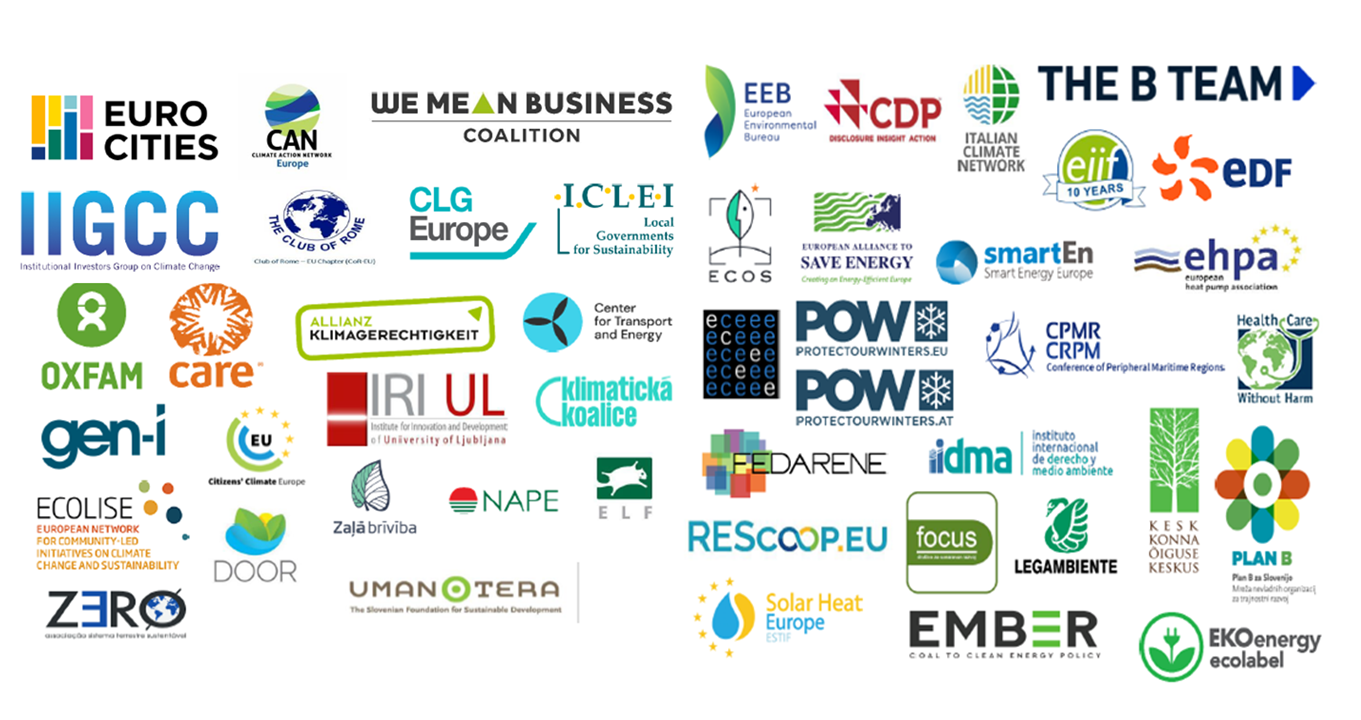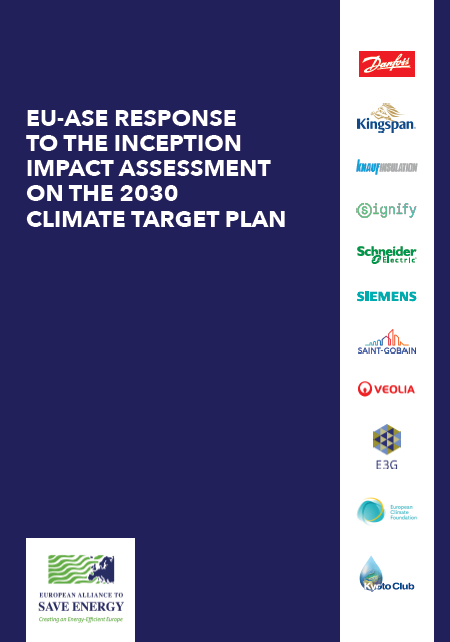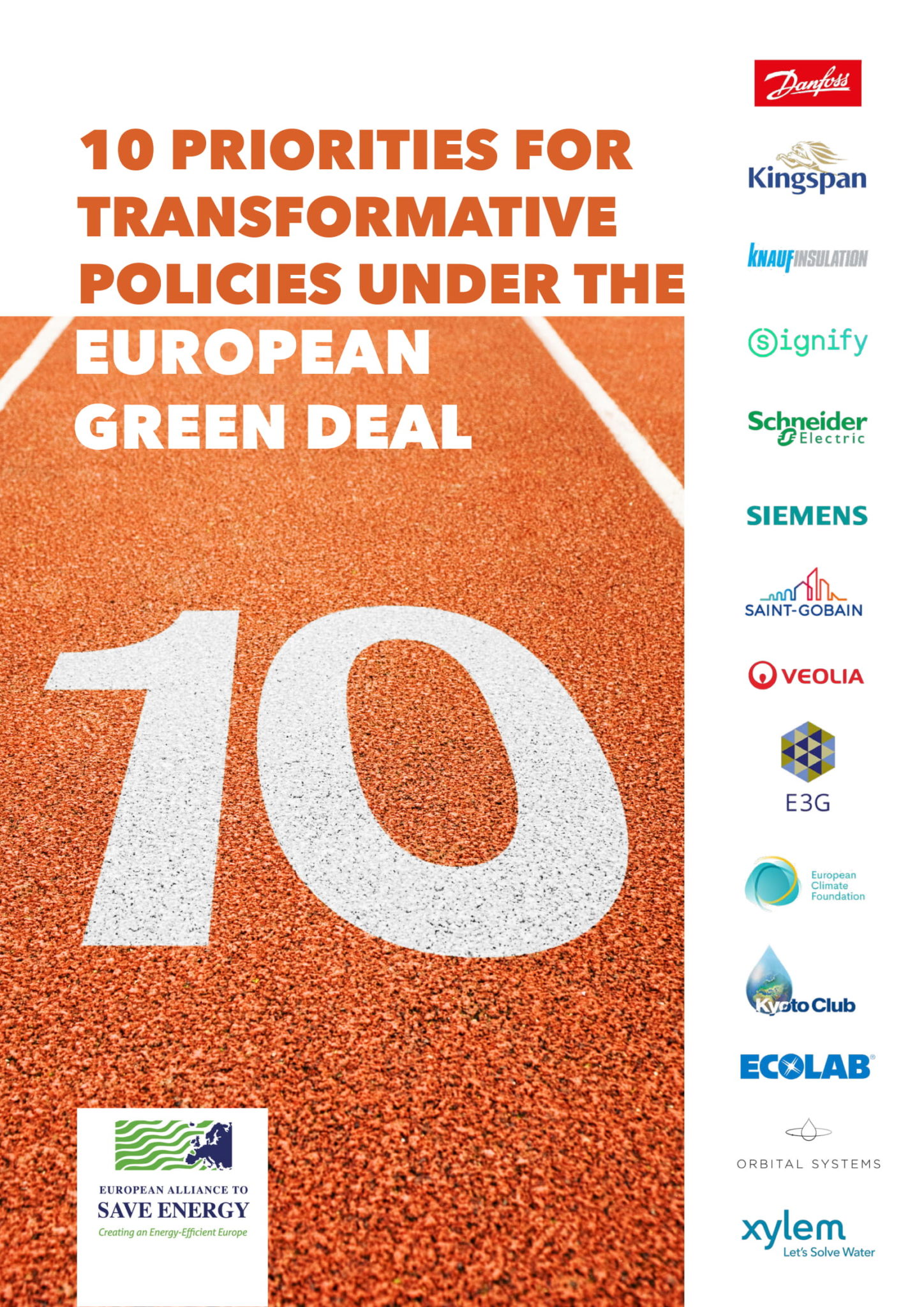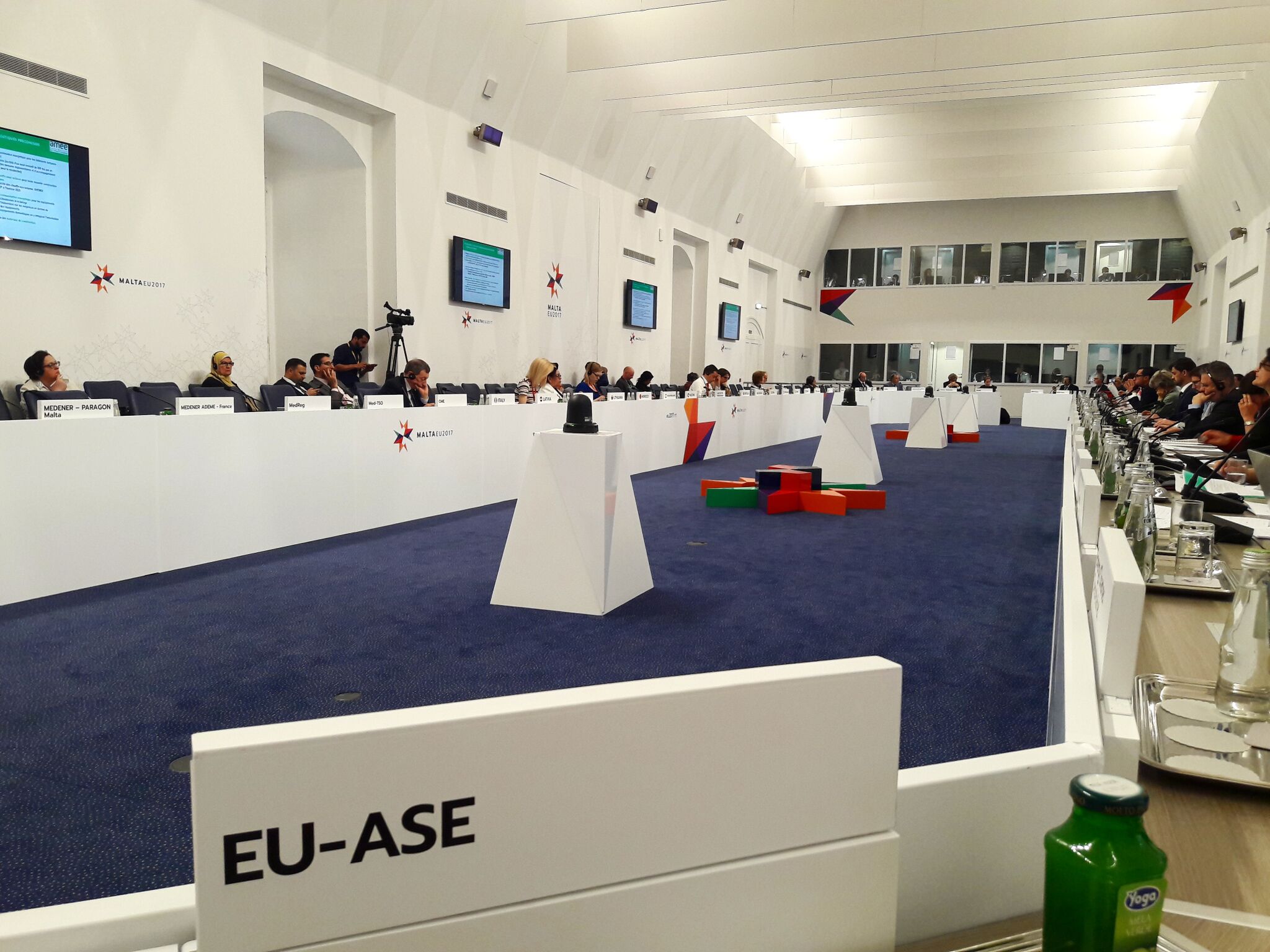Unique gathering of organisations call for more ambitious climate targets

Ahead of the European Council’s discussion on the ambition level of the new 2030 climate target, a unique gathering of businesses, investor groups, local and regional authorities and NGOs published a joint letter calling on the EU leaders to agree on the most ambitious target level.
Signed by the European Alliance to Save Energy (EU-ASE) and other 46 organisations, representing over 2.700 cities, 330 regions, €62 trillion in investment portfolio, more than 800 companies and 330 NGOs, the joint letter clearly expresses the desire of European stakeholders to have the EU’s 2030 climate target substantially increased. Building on the recent proposal from the European Commission, the signatories hope European Member States will improve what is proposed, and in particular call for decisive action to remove emissions through Nature Based Solutions to come on top of the needed strong emission reductions in other sectors.
The letter welcomes the Commission’s proposal to substantially increase the EU’s 2030 climate target and states that the Member States should agree on at least -55% while some civil society organisations supporting the letter are already calling for at least -65% emission reductions. European stakeholders encourage Member States to achieve increased climate target both by strong emission reductions as well as decisive action to remove emissions through Nature Based Solutions in line with the need to protect Europe’s biodiversity.
European cities, regions, businesses, investors, NGOs and local communities, underline that only ambitious climate action can avert the most dire future costs of climate change impacts and provide a unique societal and economic opportunity to achieve a socially just transition for all European regions.




